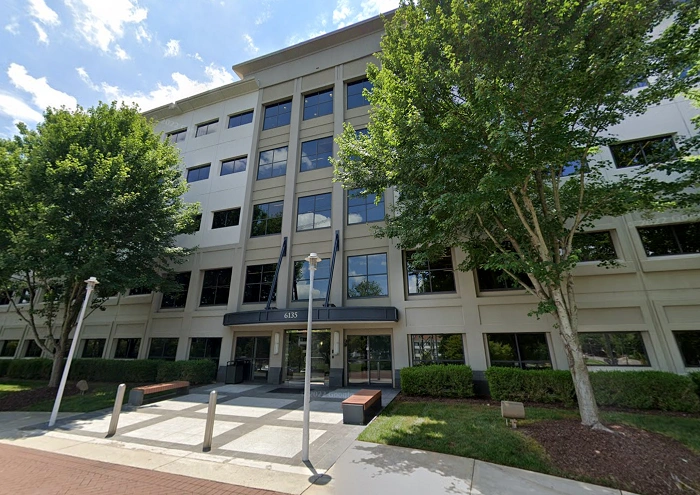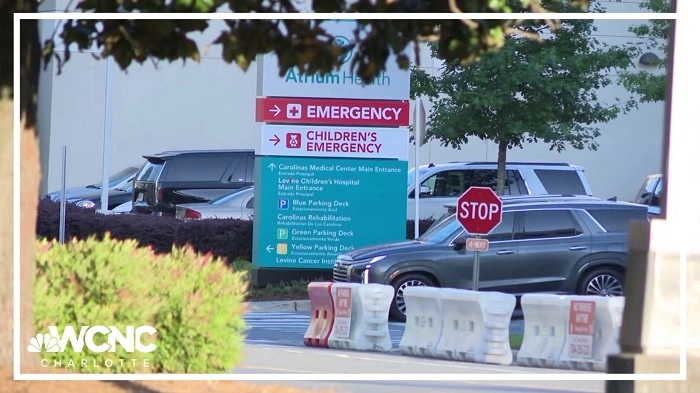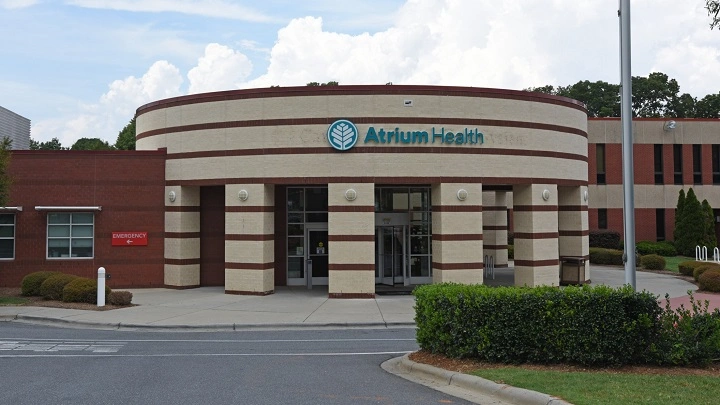Whenever the word health comes to mind, the majority will instinctively think of the doctor, the hospital, or medication. Health also extends to the mind and emotions. And that is where behavioral health comes in. It talks about individuals’ thoughts, feelings, and actions in life.
Behavioral health care is growing at a fast rate in Charlotte. Hospitals, clinics, and community centers are offering new services. In order to help individuals cope with stress, anxiety, depression, and other disorders. Charlotte families can take advantage of an array of support. That brings healing, hope, and balance to their lives.
Here, we shall talk about Charlotte behavioral health, what they do, why you should care, and how one can get help when he or she needs it.
What is Behavioral Health?
Behavioral health involves the combination of body, mind, and behavior. It takes into consideration:
- Mental health: Such as anxiety, depression, PTSD, and bipolar disorder.
- Emotional health: How people react to stress, loss, or trauma.
- Behavioral choices: Such as food, beverage, cigarette, or exercise.
- Addiction control: Regulation of drug abuse, gambling, or other addictive behavior.
When people are treated for behavioral health, they learn to act and think well, and even the body health also improves because of it. A good example is a depressed person who does not sleep and also won’t eat, which destroys the body. They can be strengthened and feel better due to treatment.
Behavioral Health Services in Charlotte

Charlotte is a major metropolis in North Carolina and is endowed with many behavioral health care facilities. Some of their services include:
Counseling and Therapy
- Individual counseling by professional counselors.
- Marriage family counseling.
- Group counseling for people sharing similar problems.
Psychiatry
- Prescribers and mental illness therapists, physicians.
- Prescription and medication adjustment for ailments like anxiety, depression, or ADHD.
Addiction Treatment
- Outpatient for those that need treatment but are able to stay at home.
- Inpatient programs for more severe treatment.
- Alcoholics Anonymous (AA) and Narcotics Anonymous (NA) sessions.
Children and Teen Care
- Individualized programs for children that are struggling in school, being bullied, abused, or having issues with their family.
- Family counseling and play therapy.
- Treatment and testing for ADHD.
Crisis Intervention
- Charlotte crisis hotlines available 24/7.
- Mobile crisis teams that go to the home or school.
- Emergency stabilization centers for those in crisis and at-risk individuals.
Inpatient and Outpatient Programs
- Inpatient: patients remain in the hospital under around-the-clock care.
- Outpatient: patients visit clinics by day but return home.
Wellness and Preventive Programs
- Stress management classes.
- Meditation, yoga, and mindfulness training.
- Community healthy lifestyle classes.
Why Behavioral Health Is Important
Being behaviorally healthy is just as vital as physical health. If people are not taking their mental health into hand, it will impact work, school, and relationships.
Some of the ways that it is needed are:
- Decreases stigma: It is o.k. to discuss mental health while getting help.
- Enhances everyday life: Family, friends, and activities can once again be enjoyed by the person.
- Prevents bigger issues: Intervention at an early stage prevents small issues from developing into enormous issues.
- Benefits families: Once one person improves, the family as a whole gets healthier.
Behavioral Health at Charlotte Hospitals
Charlotte also boasts some of the country’s highest-ranked hospitals and health systems, including Atrium Health and Novant Health. These facilities offer:
- Specialized behavioral health wards.
- Inpatient and outpatient counseling.
- Child and adolescent programs.
- Addiction recovery facilities.
Atrium Health Charlotte, for example, is among the big mental health hospitals in the region. It offers inpatient care, outpatient clinics, and children’s, teen, and adult programs.
Community-Based Behavioral Health
Not all behavioral health that happens happens in hospitals. Some of the no- or low-cost things happening in Charlotte are provided by community agencies:
- Non-profit counseling and crisis intervention agencies.
- Faith-based agencies providing spiritual and emotional counseling.
- School counselors for mental health needs.
- Community coping, trauma, and stress workshops.
This makes it possible for people in Charlotte to seek assistance even when they are broke or lack health insurance to cover the cost of expensive care.
Conditions Often Treated in Charlotte
Charlotte mental health treatment treats a broad spectrum of conditions, including:
- Anxiety and panic disorders
- Depression and mood disorders
- Post-Traumatic Stress Disorder (PTSD)
- Bipolar disorder
- Schizophrenia and other serious illnesses
- Substance abuse disorders (drugs, alcohol, gambling)
- Eating disorders such as anorexia and bulimia
- Children’s learning disabilities and ADHD
How to Obtain Behavioral Health in Charlotte

If you or someone you know requires it, do the following:
- Talk to your doctor. He/she will have you referred to a psychiatrist or therapist.
- Look online. Most Charlotte hospitals’ and clinics’ services are listed online.
- Call a hot line. The suicide and crisis hot line (988) is accessible nationwide, including Charlotte.
- Identify your school or workplace. Some workplaces and schools have mental health services.
- Find community programs. Free or low-cost counseling is most commonly provided by non-profits.
Also Read: Atrium Health Carolinas Medical Center: A Place of Healing and Caring
Families and Friends’ Role
Mental illness is not just the individual’s problem—it is also families and friends. In Charlotte, there are numerous programs that provide:
- Family therapy sessions.
- Parent education in the instance of a child with mental issues.
- Caregiver support groups.
If there are family members available, recovery is faster and people do not have to be alone.
Behavioral Health Issues
Even in Charlotte, where they have excellent behavioral health care, there are problems:
- Stigma: It is still a shame for the majority to get help.
- Access: Rural Charlotte and areas of Charlotte have few providers in abundant supply.
- Cost: Therapy is still costly despite insurance.
- Shortage of professionals: Psychiatrists and therapists are in short supply to meet the need.
The city is resolving such age-old problems by increasing clinics, offering telehealth, and employing more professionals.
The Future of Charlotte’s Behavioral Health
All is not doom and gloom, though. Something positive is also on the move. More individuals are talking about mental health more freely, and there are more treatments than ever before. Technology also helps in the following:
- Telehealth sessions: Online treatment for patients with therapists.
- Mobile apps: Stress reducers, meditation, and mood tracking.
- Internet support groups: Bringing together those facing the same challenge.
Charlotte will grow as a hub of behavioral health care, with more prevention, treatment, and recovery services.
Conclusion
Charlotte behavioral health is a lifeline to thousands of people every year. With hospitals, clinics, schools, and community agencies speaking as one, there is more help than ever for families.
From therapy and medications to crisis intervention, or even wellness classes, behavioral health care gives people the power to live healthier. Anybody who lives in Charlotte and has stress, depression, or addiction can be treated—and healing is possible.
There is nothing to be ashamed of in mental illness. It is a disease that must be tended, as is the body. Proper care results in Charlotte being a healthier, sturdier community where body, mind, and heart may mend in harmony.


